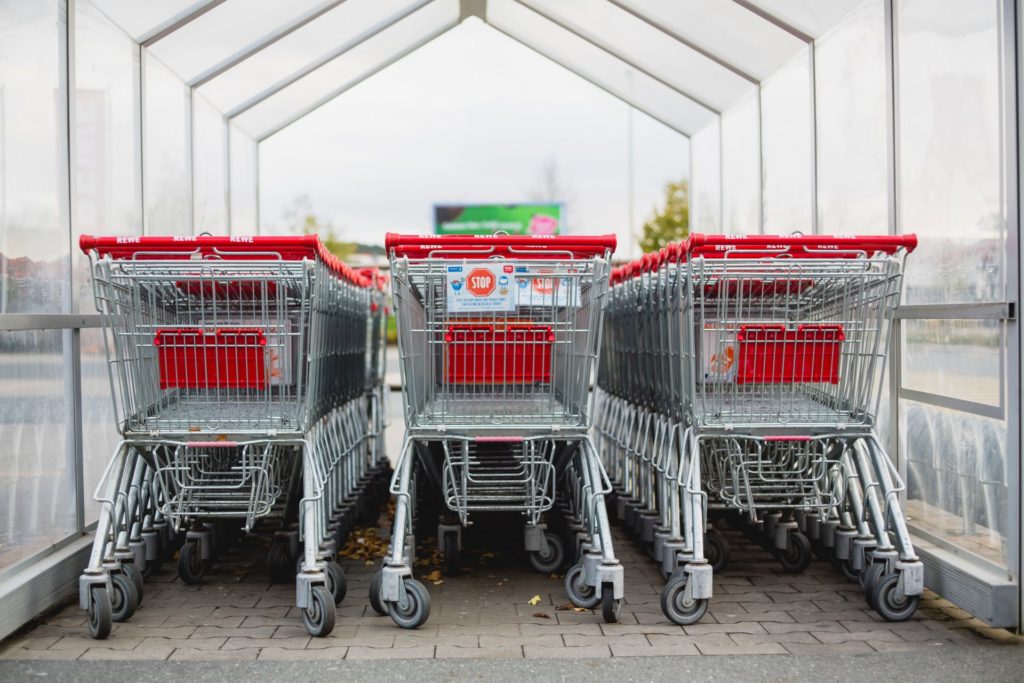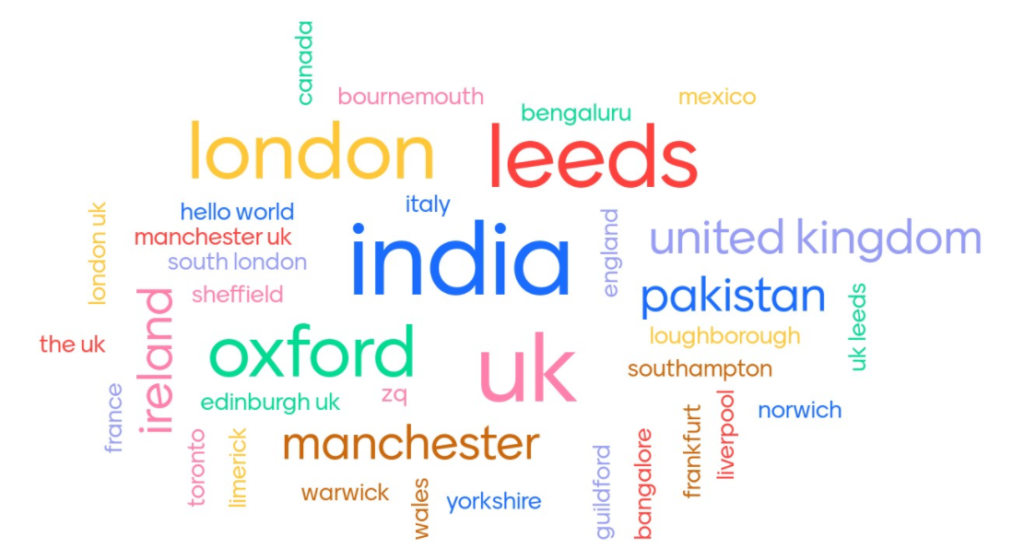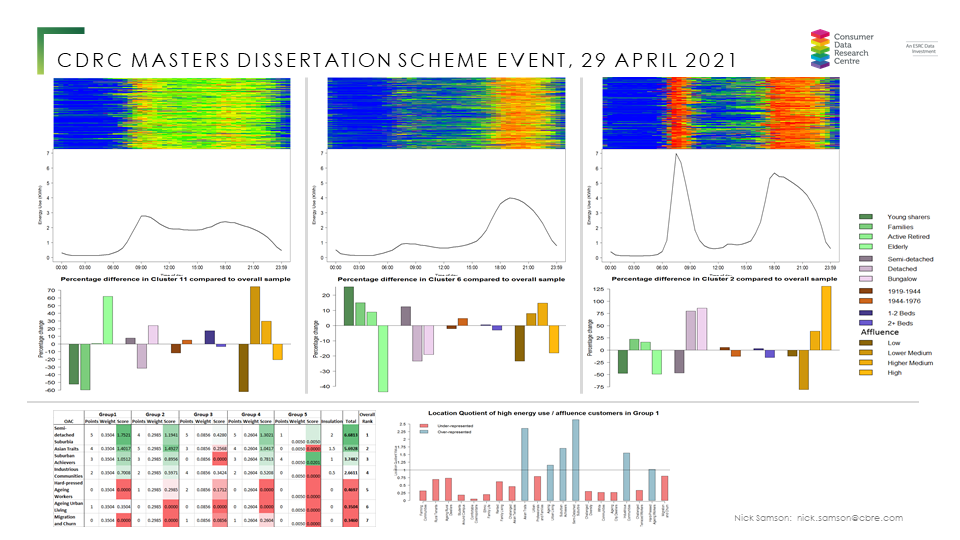Naturally, we are all concerned about our own and our family’s health and, with the rising issue of climate change, many of us are becoming increasingly worried about the health of the planet too. While living a healthy and sustainable lifestyle is becoming a common goal, there are many barriers to making this aspiration a reality [i].
Eating a nutritious diet that minimises environmental impacts is the most important step we can personally take towards this…but what is a healthy and sustainable diet? Looking at our current consumption in the UK, a shift towards a more plant-based diet would be mutually beneficial for ourselves and the planet.
Please note that the plant-based diet we refer to does include meat and animal products, alongside a larger designated portion of vegetables, fruits, pulses and legumes.
The government’s current dietary recommendation from the Eatwell Guide is one example of a sustainable diet consisting considerably of plant-based products. We have, therefore, chosen the Eatwell Guide as our ‘healthy and sustainable diet’ model to shift behaviours towards.

Many organisations are also becoming increasingly aware that change is necessary and are working to facilitate a shift towards healthier and more sustainable diets [ii] [iii]. The National Food Strategy recently released ‘The Plan’ – an independent review for the Government on the English food system, which has drawn attention from researchers, retailers and policy makers alike.
I was among those eagerly awaiting the report, as here at the CDRC we’ve recently announced our partnership with IGD, which will involve investigating strategies to promote healthier and more sustainable dietary choices.
As an innovative hub utilising consumer data for academic research purposes, such a timely focus for a CDRC partnered project emphasises the reality of the issue we are trying to tackle, along with heightening people’s awareness of the changes we need to imminently make.
Healthier and more sustainable baskets
A number of leading UK retailers and manufacturers have designed a series of pilot interventions as part of IGD’s Healthy and Sustainable Diets Project Group, such as promotions on plant-based burgers or putting healthier options in prime in-store locations. Our team of researchers are assessing which interventions are particularly successful at encouraging consumers towards healthier and more sustainable choices.

Our analysis will study purchases by basket, not the individuals buying them, so all data is anonymised and not traceable back to any customer. Looking across baskets of goods allows us to observe any unintended consequences of the trial: by discretely upping the fruit and vegetable content of our diet towards the recommended third (39%), does it also inspire a reduction in meat or dairy purchases, or any foods high in fats, salts or sugars?
COVID-19 has inadvertently affected many aspects of our lives, from one lockdown to the next. Shopping habits had to change with the Government’s advice to go to the supermarket less frequently and shop local whenever possible. Many of us also experienced first-hand the reduction in pollution levels when travel was restricted, raising awareness of the importance of making more sustainable lifestyle choices.
Consumer data enables insight into how people’s shopping frequency and habits have changed over this time. Evaluating IGD interventions relies upon analysing the retailer’s transaction data across the 12-week intervention period, along with the 12 months prior and post start date. However, as I’m sure we can all agree, the last 12 months have not been a usual year. This research, therefore, requires a longer period of pre-intervention data (one additional year that also predates COVID-19), and additional analytical approaches to account for this unprecedented time and produce meaningful findings.
Our approach
Firstly, observing changes in supermarkets (such as explicit guidance on one-way shopping routes, one designated shopper per household and an increase in online shopping), our expectation is there will be less variability in the data (i.e. less variety of items in baskets/between shops), with people’s purchases becoming more habitual. It also means in-store cues, such as promotional signposting, may not be as effective as usual with restricted mobility within aisles.
Mindful of the shift to online shopping for many customers, transaction data will be studied across all online purchases as well as in-store.

A key feature to establish about the data, before generating any statistics on shifting behaviours, is gaining a sound understanding of the sample – how representative is it? IGD interventions are trialled at multiple store locations of differing regions and degrees of urbanisation to capture generalisable results for consumers in the UK. Data is also available for matched control stores (with direct regional and demographic comparisons) to control for any changes over the pandemic period, and enable observation of the impact of the intervention rather than local lockdowns.
To counter unusual shopping patterns during the pandemic, with many people purchasing ‘local’ for certain items, we will investigate behaviours within the ‘most loyal’ subset of consumers.
It is also important to look at socio-economic profiles for purchasing patterns. Understanding if certain promotions are more successful with particular demographic groups – for example, men compared to women, or in those living in deprived compared to affluent areas – is crucial. This type of comparison is more important than ever as we know that COVID-19 has hit the poorest the hardest, exacerbating socio-economic inequalities [iv] [v] [vi].
A time for change
Attitudes to food have also changed within the last year. As people spent more time at home, lockdown became a time of culinary experimentation for some, or a struggling time of increased food insecurity for others.
Although experiences of the pandemic have drastically differed, it has been a time of change collectively. For a significant period, food shops were one of the few areas designated essential by the government. People have come to associate choices about their food with an opportunity to take control of something, in a context where other choices have been suspended.
Many people have changed their shopping and cooking habits during this period. We have seen organisations recognise this through the provision of cooking packs and recipe cards at both the value and luxury ends of food retail outlets. Adapting constantly to new legislations and restrictions, our lives are ever changing as the pandemic continues. While we are still changing our culinary behaviours, perhaps this is one opportunity to create a positive outcome and help nudge people towards healthier and more sustainable choices.
Despite analysis being slightly more complex in light of COVID-19, as a result people could be more receptive to IGD interventions. Our hope is that our research will uncover strategies to help retailers and manufacturers take a leading role in anchoring new, positive behaviours that become permanent habits for the wider public.

Alexandra Dalton is a Data Scientist enrolled on the Leeds Institute for Data Analytics internship programme, having graduated from the University of Leeds with a Masters in Mathematics, which included a year of study at the University of Adelaide. She is currently working in collaboration with IGD, major retailers and UK manufacturers as the lead analyst from the University of Leeds team to evaluate strategies to promote healthier and more sustainable dietary choices. Alexandra is keenly interested in sustainability, nutrition and lifestyle analytics, hence enjoying the insights made possible by consumer data to the intersectional field of nutrition and behavioural science in her current research.
References
[i] Institute of Grocery Distribution (2020). Appetite for Change. [Accessed online via:https://www.igd.com/social-impact/ ].
[ii] House of Lords (2019-20). Hungry for change: fixing the failures in food. [Accessed online via: https://committees.parliament.uk/publications/ ] .
[iii] Institute of Grocery Distribution (2020). IGD’s Healthy and Sustainable Diets Project Group. [Accessed online via: https://www.igd.com/articles/].
[iv] Barker, M., & Russell, J. (2020). Feeding the food insecure in Britain: learning from the 2020 COVID-19 crisis. Food Security, 12(4), 865-870.
[v] Power, M., Doherty, B., Pybus, K., & Pickett, K. (2020). How COVID-19 has exposed inequalities in the UK food system: The case of UK food and poverty. Emerald Open Research, 2.
[vi] Blundell, R., Cribb, J., McNally, S., Warwick, R., Xu, X. (2021) Inequalities in education, skills, and incomes in the UK: The implications of the COVID-19 pandemic. [Acessed online via: https://ifs.org.uk/ ]




